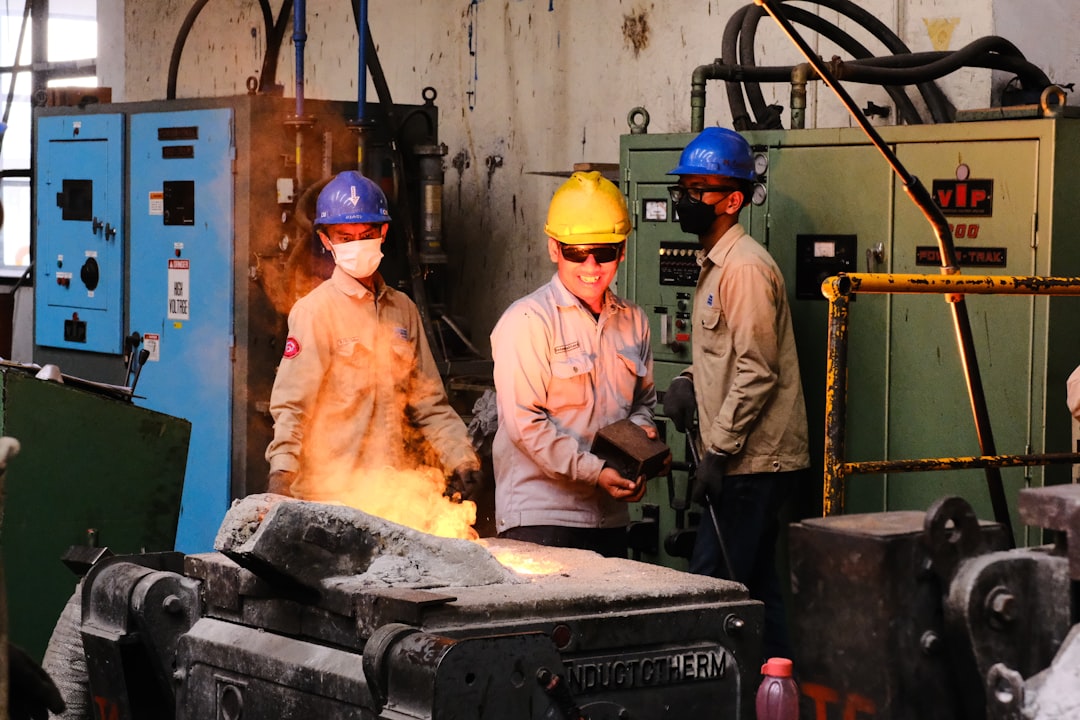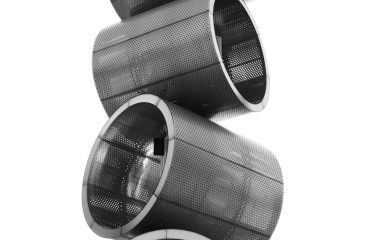body { font-family: sans-serif; line-height: 1.6; }
h1, h2, h3 { color: #333; }
h1 { font-size: 2.5em; }
h2 { font-size: 2em; }
h3 { font-size: 1.5em; }
The steel industry is a complex landscape, filled with a dizzying array of grades, specifications, and manufacturing processes. For steel buyers, navigating this landscape without expert guidance can lead to costly mistakes, project delays, and compromised quality. This is where technical consulting for steel buyers becomes invaluable.
Understanding Your Steel Requirements: The Foundation of Success
Before even considering specific steel grades, a thorough understanding of your project’s requirements is paramount. Technical consultants work with you to define crucial parameters such as:
- Application and environment: Will the steel be used in a high-stress environment, exposed to harsh weather conditions, or require specific corrosion resistance?
- Mechanical properties: What levels of tensile strength, yield strength, elongation, and hardness are needed to meet performance expectations?
- Dimensional tolerances: How precise do the steel components need to be? Tight tolerances often command higher prices.
- Manufacturing process compatibility: Will the chosen steel be suitable for the intended fabrication methods (e.g., welding, machining, forming)?
- Budget and timeline: These constraints significantly influence the selection process, guiding choices towards cost-effective and readily available options.
By carefully analyzing these factors, consultants help you establish a clear and achievable specification, preventing costly over-engineering or compromises in quality.
Optimizing Steel Grade Selection: Balancing Cost and Performance
With a defined set of requirements, the next step involves selecting the optimal steel grade. This is where the expertise of a technical consultant truly shines. They possess in-depth knowledge of various steel grades, their properties, and their relative costs. They can:
- Identify suitable alternatives: Often, multiple steel grades can meet the specified requirements. Consultants help you identify the most cost-effective option without sacrificing performance.
- Evaluate material certifications: Ensuring compliance with relevant standards and specifications is crucial. Consultants verify certifications and ensure the steel meets the required quality standards.
- Negotiate with suppliers: Their industry knowledge helps leverage better pricing and delivery terms from steel suppliers.
- Analyze lifecycle costs: They consider not only the initial purchase price but also the long-term costs associated with maintenance, repairs, and potential replacements.
By meticulously evaluating various options, consultants help you achieve the best balance between cost and performance, maximizing your return on investment.
Navigating Steel Supply Chain Challenges: Ensuring Timely Delivery
The steel supply chain can be volatile, with fluctuating prices, potential delays, and occasional shortages. Technical consultants provide valuable support in navigating these challenges by:
- Identifying reliable suppliers: They have established relationships with reputable steel suppliers, ensuring a consistent supply of high-quality materials.
- Managing inventory: They help optimize inventory levels to minimize storage costs while ensuring sufficient stock to meet production demands.
- Negotiating favorable contracts: Their expertise helps secure contracts with favorable pricing, delivery schedules, and payment terms.
- Monitoring market trends: They stay abreast of market fluctuations and advise on strategic purchasing decisions to mitigate risks associated with price volatility.
Their proactive approach helps mitigate supply chain risks, ensuring timely delivery of materials and preventing project delays.
Quality Control and Assurance: Ensuring Material Integrity
Maintaining quality control throughout the steel procurement process is essential. Technical consultants play a critical role by:
- Specifying testing requirements: They define the necessary tests (e.g., tensile testing, chemical analysis, impact testing) to ensure the steel meets the required specifications.
- Overseeing inspections: They can oversee inspections at the supplier’s facility or at the point of delivery to verify material quality.
- Implementing quality control procedures: They help establish robust quality control procedures throughout the entire process, from procurement to fabrication.
- Managing non-conforming materials: They guide you through the process of handling non-conforming materials, minimizing disruption and ensuring compliance.
Their focus on quality control ensures that you receive materials that meet the required standards, preventing costly rework or project failures.
Reducing Costs and Improving Efficiency: The Bottom Line
The ultimate goal of technical consulting is to help steel buyers reduce costs and improve efficiency. By optimizing steel selection, streamlining the procurement process, and ensuring quality control, consultants achieve significant cost savings. This translates to:
- Lower material costs: By selecting the most cost-effective steel grades and negotiating favorable contracts.
- Reduced waste: Through precise material selection and optimized inventory management.
- Minimized rework: By ensuring quality control throughout the process.
- Improved project timelines: By avoiding delays caused by material shortages or quality issues.
The investment in technical consulting often yields significant returns, leading to a more profitable and efficient operation.
In conclusion, technical consulting for steel buyers is an investment that pays off handsomely. By leveraging the expertise of experienced consultants, businesses can navigate the complexities of the steel industry, optimize their purchasing decisions, and achieve significant cost savings while ensuring high-quality materials and timely project completion.
SEO Tags:
- Steel Buying Consulting
- Technical Steel Procurement
- Steel Grade Selection
- Steel Supply Chain Management
- Steel Quality Control




